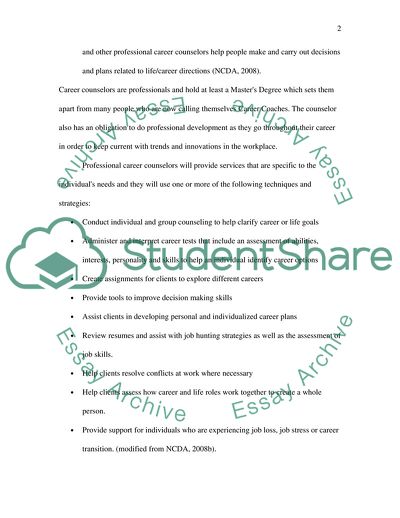Cite this document
(Intervention Strategies in Career Counseling Essay, n.d.)
Intervention Strategies in Career Counseling Essay. https://studentshare.org/human-resources/1717546-intervention-strategies-in-career-counseling
Intervention Strategies in Career Counseling Essay. https://studentshare.org/human-resources/1717546-intervention-strategies-in-career-counseling
(Intervention Strategies in Career Counseling Essay)
Intervention Strategies in Career Counseling Essay. https://studentshare.org/human-resources/1717546-intervention-strategies-in-career-counseling.
Intervention Strategies in Career Counseling Essay. https://studentshare.org/human-resources/1717546-intervention-strategies-in-career-counseling.
“Intervention Strategies in Career Counseling Essay”. https://studentshare.org/human-resources/1717546-intervention-strategies-in-career-counseling.


